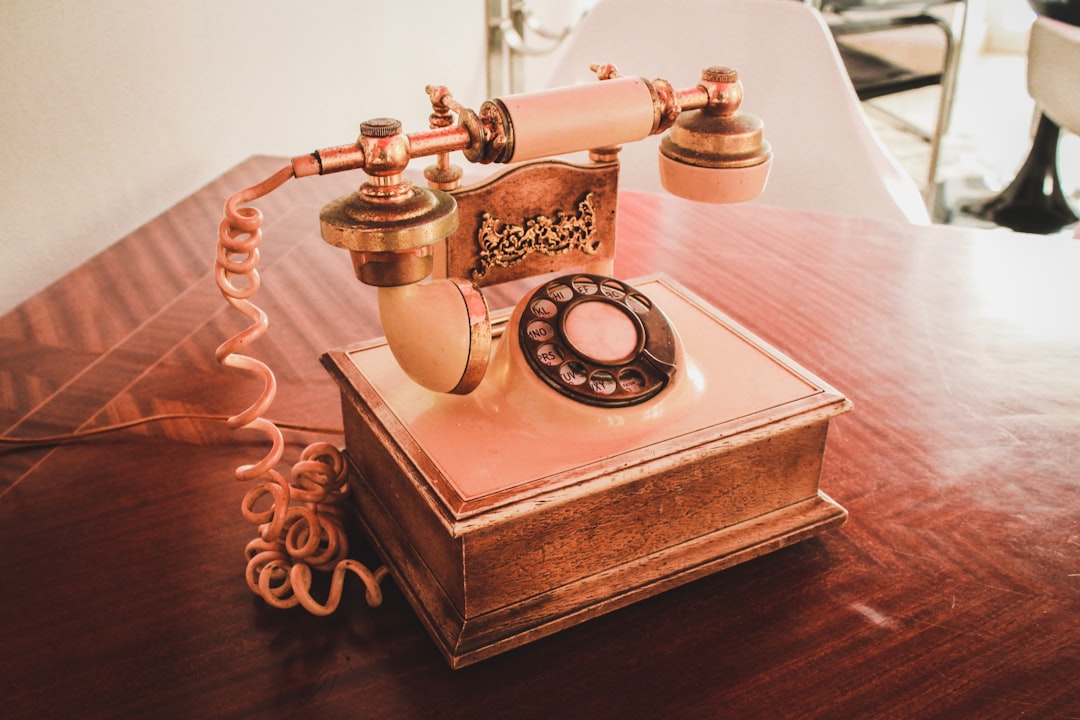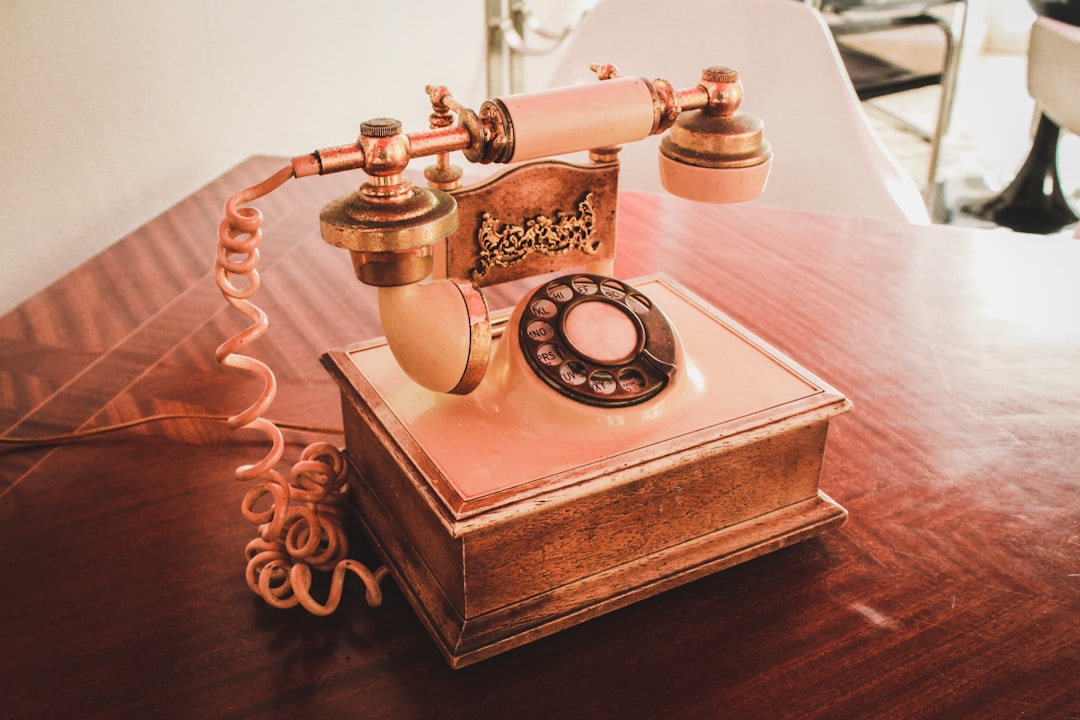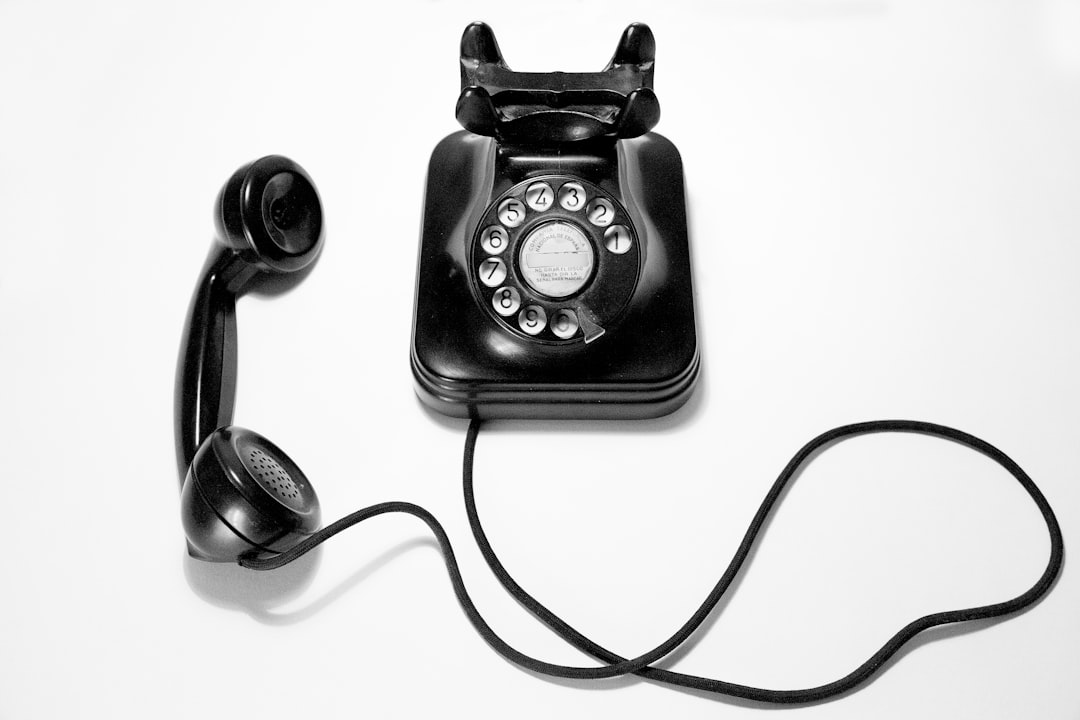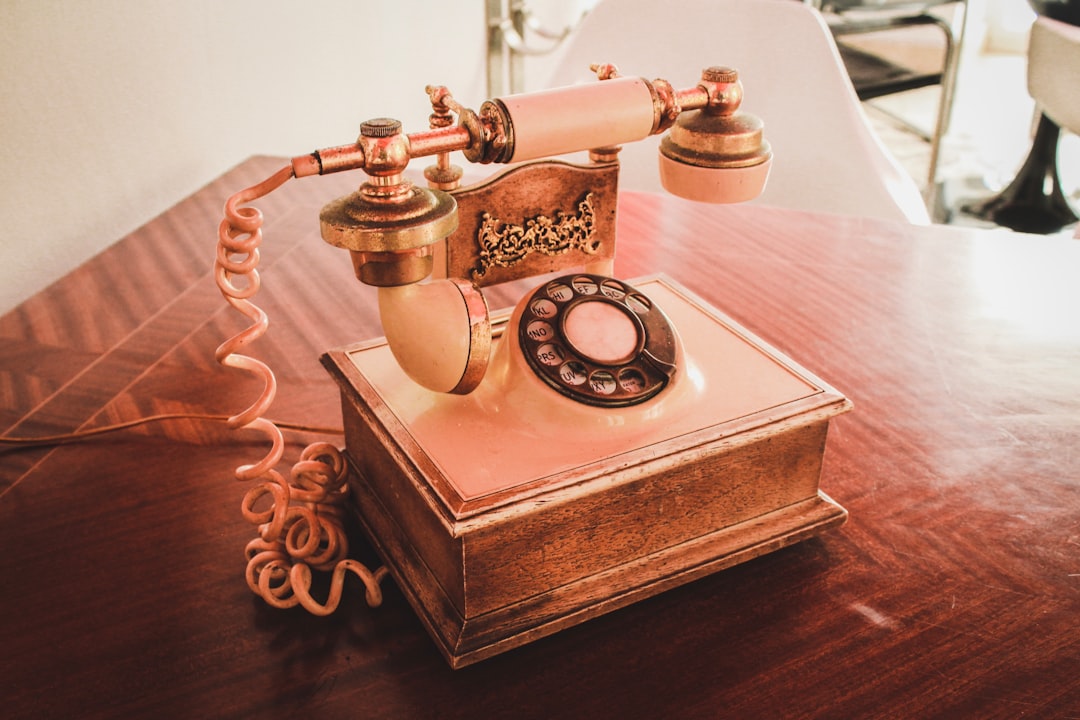In Maryland, where strict Do Not Call laws are in place to protect residents from spam calls, law firms are leveraging automated systems and autodialers for efficient client outreach. While these technologies offer benefits like targeted marketing and personalized interactions, they also raise compliance concerns regarding consent and consumer protection. Lawyers considering these tools must navigate Maryland's regulations to avoid penalties and maintain client trust, ensuring ethical marketing practices in the state. A Do Not Call Lawyer or Attorney in Maryland can provide guidance on rights and legal recourse, helping businesses comply with Do Not Call Laws Maryland.
In today’s digital landscape, effective communication is key for law firms in Maryland. However, navigating the complexities of Do Not Call laws can be a challenge. This article delves into the distinctions between autodialers and automated systems, crucial tools for legal professionals aiming to comply with Maryland’s stringent Do Not Call regulations. Understanding how these technologies work and their impacts on spam call laws is essential for law firms seeking efficient, compliant communication strategies. From autodialer functionality to the legal perspective, this guide offers insights for choosing the right solution for Maryland-based law practices.
Understanding Autodialers: How They Work and Their Impact

Autodialers and automated systems are two distinct approaches to communication with potential clients, but their implications differ significantly, especially in legal contexts like Maryland. Understanding how autodialers operate is crucial, given their widespread use and the potential legal repercussions for non-compliance with Do Not Call laws. These devices employ automated technology to make outbound calls, often in bulk, to generate leads or schedule appointments. In Maryland, where strict Do Not Call Laws are in place to protect residents from unwanted solicitations, autodialers can be a double-edged sword.
While they may increase efficiency for law firms seeking new clients, the impact on consumers is a concern. Unwanted calls from autodialers, often mimicking human operators, can be intrusive and disruptive. This has led to numerous complaints against law firms using such systems, particularly regarding compliance with the Maryland Do Not Call Laws. Lawyers or law firms considering employing autodialers for marketing purposes must be vigilant about obtaining proper consent and adhering to legal guidelines to avoid penalties and maintain client trust.
Automated Systems: A More Precise Approach to Communication

Automated Systems offer a more precise and targeted approach to communication, especially in industries like legal services where compliance with Do Not Call Laws in Maryland is paramount. Instead of bombarding potential clients with unsolicited calls, these systems utilize sophisticated algorithms to identify and reach out to prospects who have given explicit consent to be contacted. This method significantly reduces the risk of violating anti-spam laws and ensures that legal firms, like those requiring a lawyer for Do Not Call Laws Maryland, maintain professional and ethical standards.
By employing automated systems, law firms can deliver personalized messages at scale, ensuring compliance while building stronger client relationships. This approach allows them to focus their efforts on qualified leads who are more likely to engage, thereby maximizing the efficiency of marketing and outreach campaigns while adhering strictly to Do Not Call Laws Maryland.
Legal Perspective: Do Not Call Laws in Maryland and Their Relevance

In Maryland, like many other states, there are stringent Do Not Call laws in place to protect residents from unwanted telemarketing calls, often referred to as spam calls. These regulations are designed to give consumers control over their phone lines and personal time. The Do Not Call Act of 2003 established a nationwide registry, but Maryland has its own specific rules and penalties for violations.
If you’re a resident of Maryland and receive unwanted automated or prerecorded calls, you have options. You can register your number on the state’s Do Not Call list, which prohibits businesses from calling you without prior consent. A Do Not Call lawyer in Maryland can advise on rights and remedies available to consumers under these laws, ensuring that businesses adhere to the regulations and providing legal recourse when necessary.
Choosing the Right Solution: Comparing Autodialers and Automated Systems for Law Firms in Maryland

When it comes to ensuring compliance with Maryland’s Do Not Call laws, law firms in the state have a crucial decision to make: choosing between an autodialer or an automated system. Both solutions offer efficient ways to manage client outreach, but they cater to different needs and come with unique advantages.
For law firms dealing with a high volume of potential clients, an autodialer might be the ideal choice. These systems are designed for extensive calling campaigns, allowing for rapid connection with prospects. However, their primary focus is on speed, which may not align perfectly with the nuanced approach often required in legal services. On the other hand, automated systems offer a more tailored experience by enabling personalized messaging and interactive menus. They excel at nurturing leads, gathering specific information, and guiding potential clients through the initial stages of the client-lawyer relationship. Considering factors like budget, desired outreach volume, and the level of personalization needed can help Maryland law firms make an informed decision regarding their do-not-call compliance solution, ensuring they stay within legal boundaries while effectively connecting with prospective clients.






